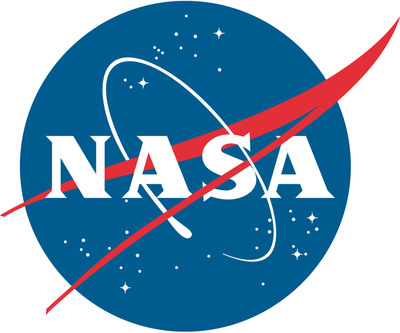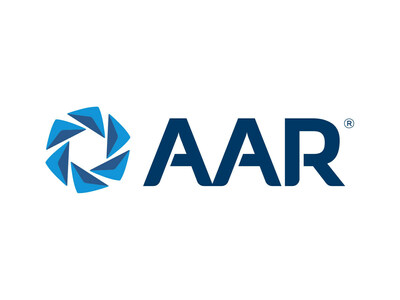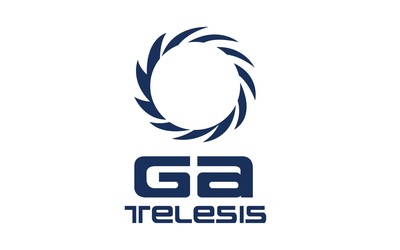NASA Awards Contract for NOAA's Next Generation Space Weather Program
WASHINGTON, Dec. 9, 2024 /PRNewswire/ — NASA, on behalf of the National Oceanic and Atmospheric Administration (NOAA), has selected Southwest Research Institute of San Antonio to build the Next-Generation Space Weather Magnetometer for the Lagrange 1 Series project as a part of NOAA’s Space Weather Next program.
This cost-plus-fixed-fee contract is valued at approximately $26.1 million and includes the development of two magnetometer instruments. The anticipated period of performance is from December 2024 through January 2034. The work will take place at the awardee’s facility in San Antonio, NASA’s Goddard Space Flight Center in Maryland, and Kennedy Space Center in Florida.
The contract scope includes design, analysis, development, fabrication, integration, test, verification, and evaluation of the magnetometer instruments; launch support; supply and maintenance of ground support equipment; and support of post-launch mission operations at the NOAA Satellite Operations Facility.
These instruments will measure the interplanetary magnetic field carried by the solar wind. The instruments provide critical data to NOAA’s Space Weather Prediction Center, which issues forecasts, warnings and alerts that help mitigate space weather impacts, including electric power outages and interruption to communications and navigation systems.
NASA and NOAA oversee the development, launch, testing, and operation of all the satellites in the Lagrange 1 Series project. NOAA is the program owner providing the requirements and funding along with managing the program, operations, data products, and dissemination to users. NASA and its commercial partners develop and build the instruments, spacecraft, and provide launch services on behalf of NOAA.
For information about NASA and agency programs, visit:
![]() View original content to download multimedia:https://www.prnewswire.com/news-releases/nasa-awards-contract-for-noaas-next-generation-space-weather-program-302326742.html
View original content to download multimedia:https://www.prnewswire.com/news-releases/nasa-awards-contract-for-noaas-next-generation-space-weather-program-302326742.html
SOURCE NASA




 Private Internet Access gives you unparalleled access to thousands
of next-gen servers in over 83 countries and each US state. Your
VPN experience will always be fast, smooth, and reliable.
Private Internet Access gives you unparalleled access to thousands
of next-gen servers in over 83 countries and each US state. Your
VPN experience will always be fast, smooth, and reliable.

